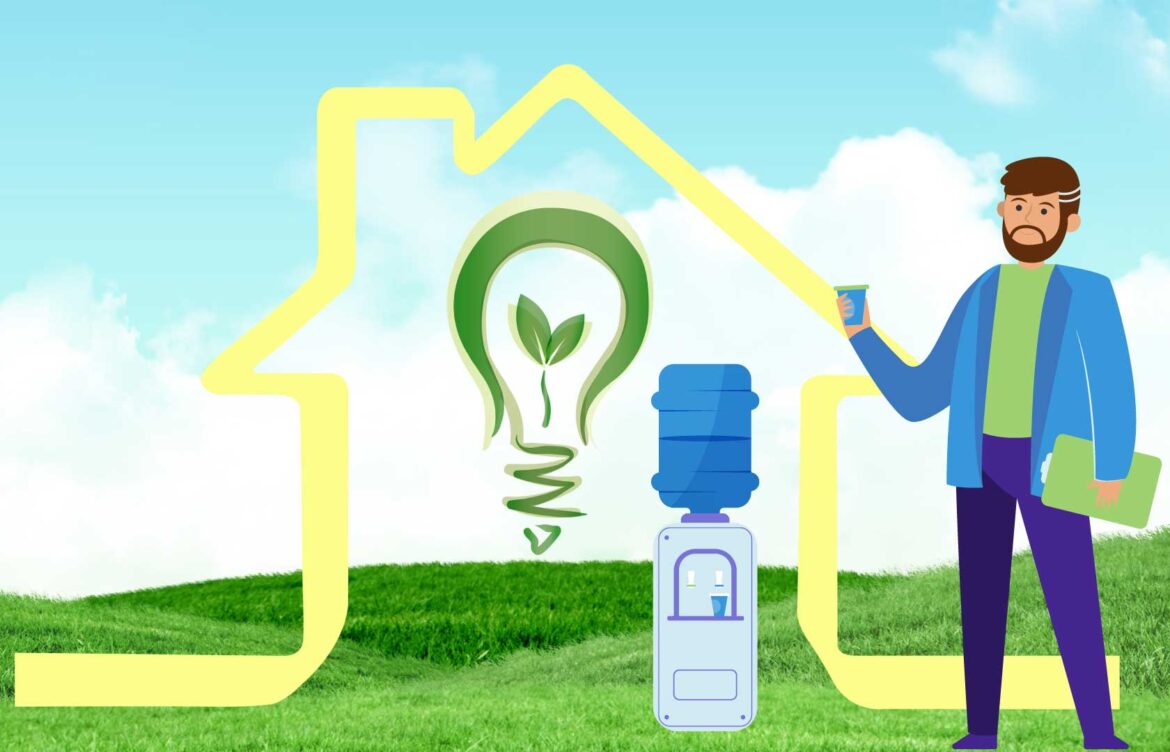
The Environmental Impact of Water Coolers: Sustainable Solutions for Hydration
In the quest for convenience and the ever-present need for hydration, water coolers have become a mainstay in office environments, public spaces, and even homes. However, the environmental implications of these dispensers pose significant concerns. The urgency to address these impacts is heightened by a global push towards sustainability and the minimisation of ecological footprints. This article seeks to elucidate the environmental ramifications of water cooler usage and to explore viable sustainable alternatives.
Water coolers, particularly those that utilise single-use bottles, directly contribute to the proliferation of plastic waste. The production of these plastic containers involves the extraction and processing of petrochemicals, a process that is energy-intensive and emits considerable amounts of greenhouse gases. Once the water is consumed, these bottles often find their way to landfills, where they take hundreds of years to decompose, meanwhile leaching toxic substances into the soil and waterways. Even when recycled, the plastic can only be repurposed a finite number of times before it too reaches the end of its lifecycle.
Moreover, the transportation of bottled water to refill these coolers signifies another source of environmental concern. The carbon footprint from the logistical chain, which includes manufacturing, transportation to distributors, subsequent delivery to end-users, and the reverse logistics of collecting empty bottles, is substantial. This transportation not only increases CO2 emissions but also contributes to air pollution and traffic congestion.
In contrast, point-of-use (POU) water coolers that connect directly to the building’s water supply mitigate many of these environmental impacts. They eliminate the need for plastic bottles and the associated waste and recycling demands. Additionally, they reduce the carbon emissions linked to transport, as the water is sourced locally. POU coolers typically feature advanced filtration systems that ensure the safety and palatability of the water, aligning with health standards while bolstering ecological benefits.
Advancements in eco-technology have led to the development of water coolers with improved energy efficiency. Such models have insulation that retains cold temperatures and uses refrigerants with a lower global warming potential. Furthermore, today’s smarter systems are equipped with energy-saving modes, shutting down during periods of inactivity.
The push for sustainable hydration solutions also extends to advocating for and investing in public water infrastructure. This includes the provision of public drinking fountains and refilling stations to encourage the use of reusable bottles. Not only does this promote sustainable practices among the general populace, but it also supports public health initiatives by making clean water more accessible.
In conclusion, the environmental impact of traditional water coolers cannot be overlooked; however, sustainable alternatives exist. By adopting POU coolers, enhancing energy efficiency, and bolstering public water facilities, we can significantly diminish the ecological footprint associated with office and communal hydration systems. The trajectory towards sustainability necessitates a collaborative approach, engaging both the providers of water cooling solutions and consumers in an effort to conserve our planet. It is imperative that we continue to explore and implement these sustainable practices for the health of our environment and for our continued access to one of life’s most vital resources—water.